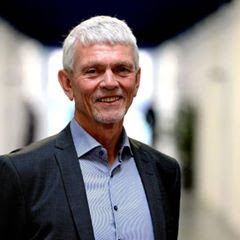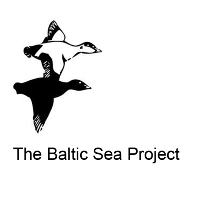Rivers
Rivers programme will help students to learn about inland human activities and its efects to the Baltic Sea biology and chemistry. Programme is most suitable for students aged 15-18 years.
Programme Google Drive version can be found here (updated 2018).
Programme international coordinator is Søren Levring from Estonia.
E-mail: karetmagerhuset@gmail.com
Phone:+372 5878 7655


Programme details
Rivers
One purpose of the project "Rivers" is to give pupils from different upper secondary schools in the countries in the Baltic catchment area an opportunity to compare environmental influences. Another purpose is to give a view of suitable chemical analyses that have to be made in schools to get information about the water quality in small or big rivers with connection to the Baltic Sea. Rivers can be examined biologically and chemically. The biological investigation can take place during the period of vegetation growth. The chemical investigation has to be done during the second week of November.
The instructions are given in the Learner's Guide "Rivers". And here is the Protocol of river investigation.
All chemical data plus the water quality class should before May 1st be sent forward to programme coordinator or to your national coordinator who will send it forward.
Links
New way to research rivers: CD rack kit
Connection to UN- Global Sustainable Development Goal no 6: Ensure availability and sustainable management of water and sanitation for all
http://www.un.org/ga/search/view_doc.asp?symbol=A/RES/70/1&Lang=E

- Goal 6. Ensure availability and sustainable management
of water and sanitation for all
- 6.1 By 2030, achieve universal and equitable access to safe and affordable drinking water for all
- 6.2 By 2030, achieve access to adequate and equitable sanitation and hygiene for all and end open defecation, paying special attention to the needs of women and girls and those in vulnerable situations
- 6.3 By 2030, improve water quality by reducing pollution, eliminating dumping and minimizing release of hazardous chemicals and materials, halving the proportion of untreated wastewater and substantially increasing recycling and safe reuse globally
- 6.4 By 2030, substantially increase water-use efficiency across all sectors and ensure sustainable withdrawals and supply of freshwater to address water scarcity and substantially reduce the number of people suffering from water scarcity
- 6.5 By 2030, implement integrated water resources management at all levels, including through transboundary cooperation as appropriate
- 6.6 By 2020, protect and restore water-related
ecosystems, including mountains, forests, wetlands, rivers,
aquifers and lakes
- 6.a By 2030, expand international cooperation and capacity-building support to developing countries in water- and sanitation-related activities and programmes, including water harvesting, desalination, water efficiency, wastewater treatment, recycling and reuse technologies
- 6.b Support and strengthen the participation of local communities in improving water and sanitation management


